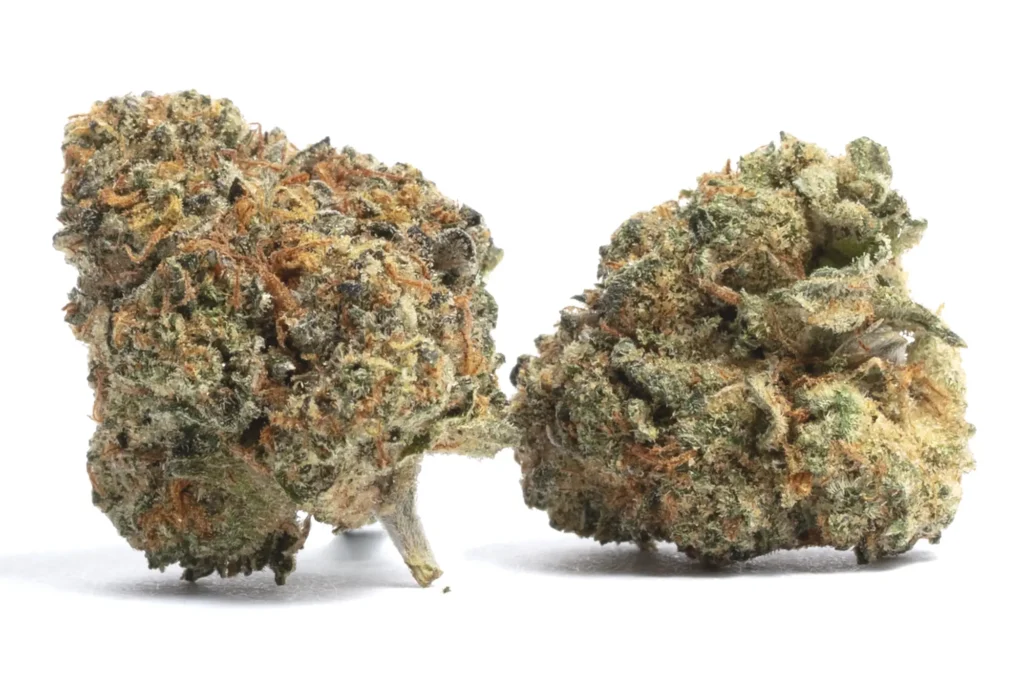A new international study has found that people with endometriosis who use cannabis overwhelmingly view it as more effective and better tolerated than traditional pharmaceuticals, with nearly all participants saying they plan to continue using it to manage their symptoms.

Published in the journal Reproduction & Fertility and conducted by researchers from Griffith University and Western Sydney University, the study surveyed 889 people from over 10 countries who reported using cannabis for endometriosis-related symptoms. Nearly 57% accessed cannabis through illicit channels, and those who did were significantly less likely to disclose their use to a healthcare provider.
The most common reasons cited for turning to cannabis were inadequate pain relief from other treatments (68.6%), negative side effects from medications (56.3%), and concerns about addiction or dependence on pharmaceuticals (43.9%). Cannabis was also favored for its perceived superior effectiveness and fewer side effects.
Despite the high rate of ongoing use—99% said they intend to continue using cannabis and 90% said they would recommend it to someone else with endometriosis—participants reported multiple concerns. These included cost, stigma, fear of legal consequences, and current drug-driving laws that may result in the loss of a driver’s license.
The study also noted troubling gaps in patient-provider communication. Many respondents said they hadn’t informed their doctors about their cannabis use, especially those accessing it illegally. Researchers warn that this lack of disclosure could lead to risks like unsafe drug interactions or unintended withdrawal symptoms if patients reduce or stop taking pharmaceuticals without medical guidance.
The authors say more clinical research is urgently needed to assess the safety and efficacy of medical cannabis for endometriosis. They also stress the importance of open communication between patients and providers, especially given the already complex and often inadequate care many endometriosis patients receive.







